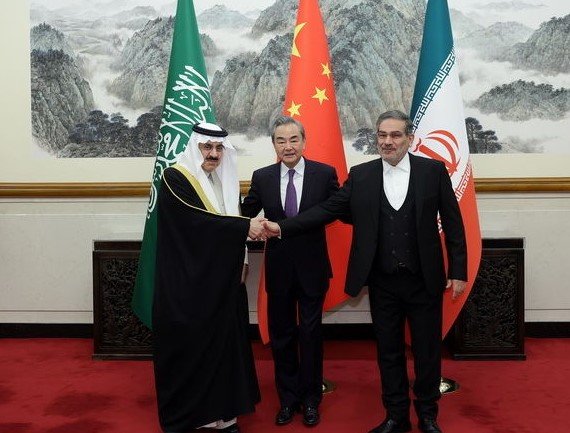Saudi Arabia has issued a strong warning to Israel against annexing any part of the West Bank, stating it could lead to major fallout in diplomatic and economic ties. This message, reported on September 21, 2025, comes amid rising tensions after several nations recognized Palestinian statehood, pushing some Israeli leaders to consider annexation as a response.
Background of the Saudi Warning
Saudi officials sent a clear signal to Israel that annexing West Bank land would cross a red line. The warning highlights concerns over potential damage to ongoing efforts for peace and stability in the Middle East.
Reports indicate Riyadh views this move as a direct threat to prospects for normalizing relations between the two countries. This stance aligns with Saudi Arabia’s long-held position on Palestinian rights, which has been a key factor in regional diplomacy.
The timing ties into recent global shifts, including a United Nations General Assembly vote on Palestinian state recognition. Saudi leaders emphasized that such actions by Israel could undo years of quiet progress in security and trade links.

Potential Impacts on Normalization and Accords
If Israel proceeds with annexation, Saudi Arabia might declare normalization efforts dead. This could end talks that have been building since the Abraham Accords in 2020.
Another possible step involves closing Saudi airspace to Israeli flights. Riyadh opened its skies in 2022, allowing easier travel and symbolizing warming ties, but reversal would signal a sharp downturn.
Annexation risks broader effects on the Abraham Accords, which normalized relations between Israel and several Arab states. Experts note this could lead to a chain reaction, with other signatories reconsidering their commitments.
- Declare normalization prospects over
- Close airspace to Israeli aircraft
- Halt under-the-radar security cooperation
- Reduce trade exchanges that have grown in recent years
Reactions from Other Arab Nations
The United Arab Emirates has echoed Saudi concerns, calling West Bank annexation a red line that could jeopardize the Abraham Accords. UAE officials warned this might lead to downgrading diplomatic ties.
Jordan and Egypt, key players in the region, have also voiced opposition. They fear annexation would inflame tensions and destabilize borders.
Public sentiment in Arab countries shows strong resistance to any moves that undermine Palestinian statehood. Social media discussions highlight worries about long-term peace.
In a recent development, Bahrain and Morocco, Abraham Accords signatories, indicated they might reassess relations if Israel annexes territory.
Israel’s Internal Debate and Response
Inside Israel, Prime Minister Benjamin Netanyahu faces pressure from far-right allies to annex parts of the West Bank. This push stems from anger over recognitions of Palestinian statehood by nations like France and others in 2025.
Netanyahu has briefed lawmakers to avoid public calls for annexation, fearing international backlash. Sources suggest he is weighing options amid U.S. signals against the move.
Israeli officials argue annexation would assert sovereignty in response to perceived threats. However, critics within Israel warn it could isolate the country further on the global stage.
The debate intensified after Israel’s military actions in Gaza, which have drawn widespread criticism and prompted statehood recognitions.
| Country | Action Taken | Date |
|---|---|---|
| France | Recognized Palestinian state | September 2025 |
| United Arab Emirates | Warned against annexation | September 2025 |
| Saudi Arabia | Issued red line warning | September 2025 |
| Jordan | Opposed West Bank moves | Ongoing since 2024 |
| United States | Indicated opposition | September 2025 |
Broader Implications for Middle East Peace
Annexation could bury chances for a Saudi-Israeli deal, a goal pursued by U.S. leaders for years. It might also deepen Israel’s political isolation and strain ties with Europe.
Experts predict economic fallout, including reduced investment from Gulf states. Trade between Israel and Arab nations has boomed under the Accords, reaching billions in 2024.
On the Palestinian side, leaders see this as a chance to rally international support. The move could accelerate global recognition of statehood.
Looking ahead, diplomacy might focus on de-escalation, with calls for renewed talks on a two-state solution.
What do you think about Saudi Arabia’s warning and its potential effects on Middle East relations? Share your thoughts in the comments and spread this article to keep the conversation going.
